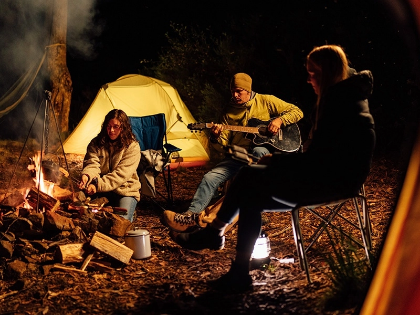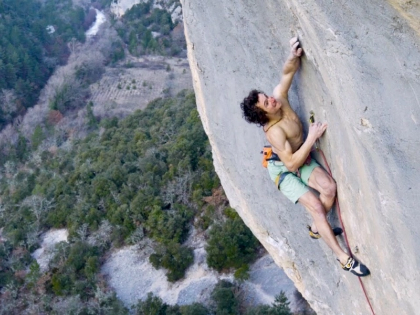Why Do People Go By "Camp"?
Camp is a style that thrives on exaggerated excess, whether it's seen in the glittery flamboyance of the Met Gala or the effeminate gestures of some gay men. It subverts gender, glorifies artifice and occasionally nostalgia, and exudes sarcasm and mockery.
According to Met Costume Institute curator Andrew Bolton, "it can be a sophisticated and powerful political tool for marginalised cultures," despite this.
Excessive Style

Michael Mamp of Louisiana State University notes that although most people mainly associate camp with slang terms or fashion interpretations (such as Cher's feathery “naked dress” in 1974 or Rihanna’s gilded pope ensemble in 2019), the term actually has a long history in LGBT culture. According to Mamp, "camp is an aesthetic that celebrates the awkward intensities of character and embraces inauthentic visual cues."
The word's origin is unknown, but it might have come from the gay slang "polari," which means "male prostitute," or the French verb "se camper," which means "to posture, behave extravagantly." Mamp adds that when drag queens exhibit feminine characteristics in an exaggerated and lighthearted manner, they are frequently regarded as camp. In a similar vein, the popular series Mystery Science Theatre 3000 is frequently criticised for being campy due to its parody of poor films and cultural clichés. The LGBT movement questioned conventional ideas of gender, respectability, and sexuality in the 1960s, and this was reflected in the camp style, which embodies both the fun exaggeration of feminine and weaponized kitsch.
Women in drag

A classic example of this is the habit of males impersonating women in drag. Through satire and appropriation, it is a performative performance that demonstrates how seemingly fixed categories of gender and sexuality are in fact malleable and intricate topics that anybody can examine.
Drag artists frequently use their stage presence to subvert gender expectations and foster a sense of belonging among outsiders. This is a potent form of resistance, especially when combined with other oppressions, such as financial or racial ones.
While Susan Sontag's 1964 essay "Notes on Camp" contributed to the popularisation of the notion, camp has a much older history in queer culture. Queer pop culture is a never-ending supply of camp, from the ubiquity of RuPaul's Drag Race to the revival of Jack and Karen on Will & Grace to Cher's album of ABBA interpretations. However, it's crucial to keep in mind that camp is about more than just taste or fashion. Additionally, it's a means of opposing gendered, respectable, and identity-based repressive models.
Building Community

Most people today hear the word "camp" used colloquially to refer to something extravagant or absurd. However, the phrase is not new, especially in LGBT cultures.
"Camp is an aesthetic that celebrates the eccentricities and quirks of the human personality, a taste that relishes rather than rejects the awkward intensities of character," Sontag said in a 1964 essay. To put it another way, camp celebrates individuality, a concept that is central to many LGBTQ political groups.
However, Sontag left out gay culture from her definition of camp, and her essay's remoteness and ambivalence towards homosexuality have caused some critics to charge that Sontag minimised or eliminated the term's political connotations. According to Horn, queer theory has resurrected camp as a means of resisting the prevailing respectability paradigms that marginalise and oppress marginalised communities. Furthermore, queer and trans people of colour have been the main inspiration behind this look, from RuPaul to Josephine Baker.
Breaking social conventions

According to Michael Mamp, a fashion professor at Louisiana State University, camp has a far longer and more complicated history than most people realise. Camp is often thought of as a trendy look or slang word that is primarily connected to Generation Z and the 2019 Met Gala theme. According to him, camp symbolises an artificiality in conduct, appearance, or performance that highlights and draws attention to the manufactured aspects of daily life.
It's ridiculous, full of parody, irony, and nostalgia all mixed together. It challenges societal conventions and subverts gender through androgyny, aesthetics, and fabrication.
Queer culture has always placed a strong emphasis on defying social boundaries. It can be accomplished through activism, theatre, cinema, fashion, sex, and humour. A kind of resistance against heterosexual normativity, camp is exemplified by characters like John Waters's sissy boys and Maya Rudolph's "hormone monstress" on Big Mouth. According to Mamp, it is also a kind of art that may be used to strengthen marginalised communities, such as the LGBT community.








